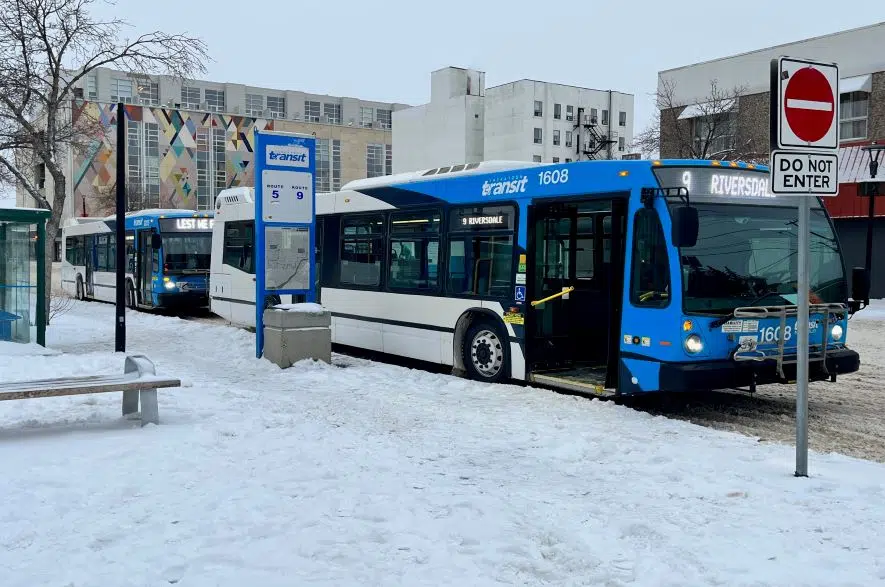People riding the bus without paying is costing the City of Saskatoon tens of thousands of dollars in missed revenue.
Transit fare evasion in Saskatoon more than doubled between 2021 and 2022, according to a report presented to the city’s Transportation Committee Tuesday. In 2021, the report indicated that $24,500 in potential revenue was lost to fare evasion, and that number ballooned to $67,800 in 2022, based on a $3 cash fare.
Those numbers represent about 0.3 per cent and 0.6 per cent of the city’s total transit revenues for each of those years. That figure is lower than in cities like Regina, which recorded a four per cent loss in transit revenue due to fare evasion.
According to the report, $165,000 in potential revenue was also lost in 2022 because fare boxes were inoperable.
Transit operators are trained to track fare evasion using a mobile data terminal on the bus, but unpaid fares aren’t tracked if there is no operable box for fare payment. Not all incidents are tracked by drivers, however, even when fare boxes are working.
Drivers are instructed not to confront passengers if a fare is not paid, the report noted. They can contact a supervisor to speak to the passenger evading the fare, or contact police if their safety is threatened.
According to Transportation Manager Terry Schmidt, there were a total of 22,879 incidences of fare evasion in Saskatoon in 2022.
“We did see the number of recorded incidences increasing in the last three months of the year,” he said.
On Aug. 8, 2022 Coun. Darren Hill requested information on the matter, including the percentages of riders who pay and those who don’t, the routes most affected by fare evasion, and what the current policy is to record unpaid fares.
During committee discussions, Coun. David Kirton said it appeared as though the highest fare evasion rates occurred in the Confederation Mall area, and questioned whether there were nearby outlets that sold transit tickets.
“Tickets used to be sold there at the Safeway, but there are no tickets being sold at that mall anymore?” he asked.
Transit fleet maintenance manager Tracey Davis said tickets were sold at a Circle K convenience store several blocks from the mall, but couldn’t say whether that had anything to do with fare evasion rates in the area.
“I haven’t taken a recent look at a map of where they are sold,” she said. “It’s certainly something we should be looking into.”
Kirton said his concern wasn’t recovery of lost revenue, but making sure tickets are available to the public in a central and accessible area, along with reducing safety incidents for drivers and transit users.
“If there’s only five of them in a year and one becomes very serious, then we haven’t done our job,” Kirton said.
Mayor Charlie Clark echoed that sentiment, and said a collaborative approach to ticket sales and availability would likely help the situation.











